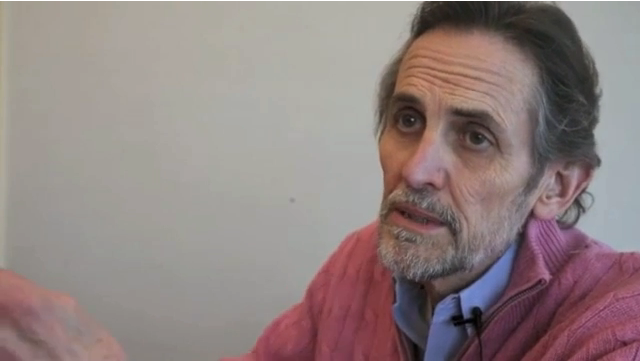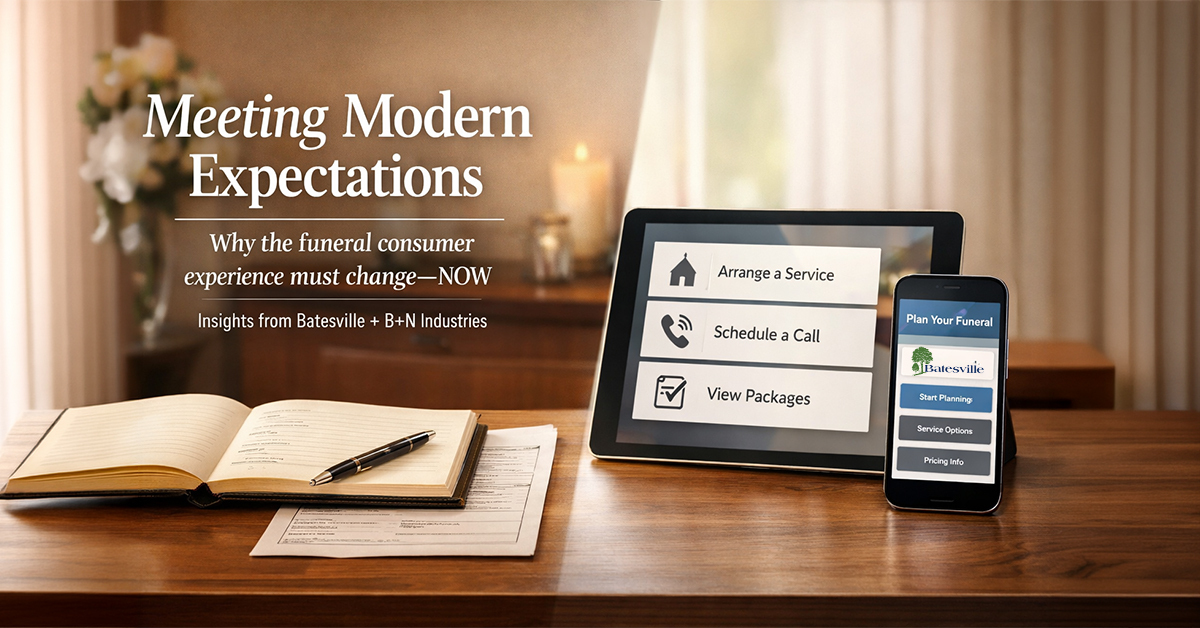Former Homesteaders CEO Does Q&A on Changing Funeral Business
From: Desmoinesregister.com
Graham Cook does not fit the traditional mold for insurance executives.
The former chief executive officer of Homesteaders Life Co. plays bass guitar for the funeral insurer’s rock band, which keeps its gear set up for practice in the employee cafeteria. The band’s name is “Trocar” — a reference to the spear-shaped surgical instrument used by undertakers.
Cook was known for dressing up as Batman or Abe Lincoln for sales meetings before his retirement last month. He also admits “smoking too much” and “drinking too much” when Homesteaders recruited him as a Drake University undergraduate in 1966.
Looking back on his career during an interview with the Register, Cook described his primary academic goal at Drake as “avoiding the draft” as the U.S. military presence in Vietnam was rapidly escalating. His candor is almost shocking in an insurance sector where executives traditionally seek to project images of conservative stability.
The growth Cook engineered at Homesteaders transformed it from a “flyspeck” into one of the top three players in the $4 billion prepaid funeral insurance industry. Homesteaders’ market share has grown to 10 percent from 1 percent since he was named president in 1995.
Its workforce added 58 full-time positions to reach its present staffing level of 170 during that time period, when its assets increased to $2.3 billion from $73 million. Its surplus — the amount left over after its liabilities are subtracted from its assets — grew to $149.6 million from $7.7 million.
Cook added the titles of CEO and chairman in 1999. He plans to remain chairman of the board of directors through February 2015.
Homesteaders works exclusively with funeral homes, rather than by selling insurance policies directly to the general public.
Funeral homes sell its policies to their customers and the insurer invests the resulting assets to ensure they increase fast enough to keep pace with escalating costs, while leaving a return for the homes and the mutual insurance company, which is owned by its policyholders.
Cook holds a journalism degree from Drake. The 6-foot, 5-inch man is a graduate of Roosevelt High School, where he was the sixth man on its 1965 state championship basketball team.
He’s been married for the past 36 years to Catherine Bennett, who previously retired from a career with another Des Moines-based insurer, Principal Financial Group.
Cook was succeeded as CEO by insurance veteran Stephen Lang, who previously served as Homesteaders’ chief operating officer. Lang confirmed one aspect of his pedigree as Cook’s rightful successor by dressing up as a clown for his first sales meeting as incoming CEO.
Q: Why retire when you’re still so vigorous?
A: “Old to a 66-year-old is 80. I don’t feel old, (but) at a national company like this there has to be a succession. I’m not as energetic as I was and I’m planning ahead. I’ve still got the fire in my belly, but some of the younger guys in this industry have a torch.”
Q: I know your wife is already retired — how’s that going to work out with you at home so much more now?
A: “I’m staying out of her way,” Cook said, noting that he expects to run nothing. “She’s made that real clear.”
Q: Are you going to miss running the day-to-day show at Homesteaders?
A: “I’ve held just about every position at this company over the years,” Cook said, adding that he started out writing the company newsletter on a part-time basis as a Drake journalism student for $1.50 an hour.
“It’s been very rewarding. I was named president in 1995 and we’ve had a lot of explosive growth since then. The good numbers have grown quite a bit and the bad numbers have kind of flattened out.
“We created a culture here and an environment here where people like to come to work,” Cook said, pointing to the band equipment. “This is the biggest CEO perk I’ve ever had — the ability to have a band setup in the cafeteria all the time.”
Q: You’ve said that one of the biggest changes in the funeral insurance industry is due to the maturation of the baby boomers who now run so many of the 4,000 U.S. funeral homes. Why is that?
A: “Yes, a lot of funeral directors are my age. You have a lot of funeral directors who are 60, 70 years old that are trying to find an exit strategy. People think they are going to leave it to their son or daughter and they can’t always handle it.
“Private equity is moving into the funeral business for that exact reason,” he said, adding that the large baby boomer generation is expected to increase demand for funerals as its members reach the end of their lives. “We have a big spike coming here in about 2020 when all the Graham Cooks are going to start hitting their mortality dates.”
Q: What’s unique about your segment of the insurance industry?
A. “We have these very small policies. Our average policy is like $5,700. So, efficient throughput and handling of those policies is critical to making the margin. The other thing is that the average age at which we sell these low policies is 74. We don’t have the money very long, so it has to be a fairly efficient operation.
“Unlike most of the (insurance) companies I can see out the window, we don’t do anything directly to solicit consumers for this product,” he said, adding that all its sales are made through funeral home directors.
“We sell what they sell. So if they’re having trouble selling stuff, we’re going to have trouble selling stuff. The big headwind for funeral directors — some of it’s competition — but the big headwind’s changing public attitudes about death and dying. People don’t see it the same. They may not want to have a funeral as your grandpa had it.”
Q: You indicated earlier that the increasing popularity of cremation is part of that — how so?
A: “The attitudes are changing for a variety of reasons. One, being the increase of cremation. Cremation is about — in Iowa — 30 to 40 percent of the cases. In our business a cremation sale is about a $3,000 sale and a full-service funeral with a casket — if I can use that term — would be $7,000 or $8,000. So funeral directors are seeing ‘cremation families,’ as they refer to them, more and more.
“It’s been going up about 2 percent a year and it’s been doing that for a number of years. Cremations go up when there’s a recession because it’s a less expensive alternative to a full-service funeral.”
Q: What’s the most unusual thing that happened during your time here?
A: Cook said that as president of the Funeral Service Foundation, he helped funeral homes along the Gulf Coast respond to the 1,833 deaths caused by Hurricane Katrina in 2005.
“We had 150 unclaimed bodies that we had to put in refrigerated trucks for four years near Metairie, La. We raised $100,000 from U.S. funeral homes to bury them down there and it turned into $3 million because it had to be above ground” due to the area’s high water table.
Q: You say that humor is a bigger part of the funeral industry than many people realize. Why?
A: “They need that outlet. Our highest website hits are always for humor.
“I left here one Friday afternoon — we leave early on Friday — and I heard this uncontrolled laughter, and it was one of our service reps who was on the phone with a funeral director.”




